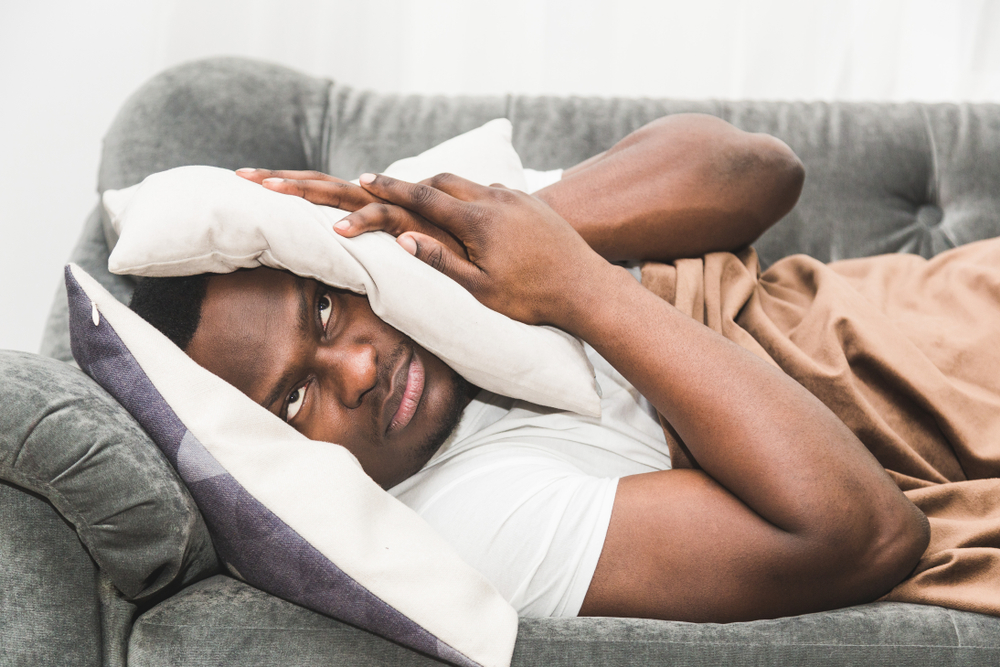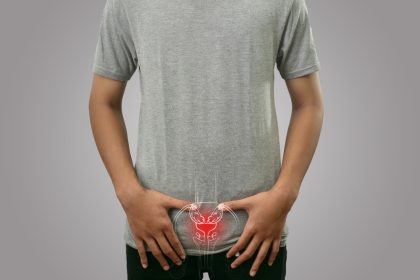Frequent nighttime urination, medically known as nocturia, affects many men as they age. While occasional nighttime bathroom visits are normal, frequent interruptions to sleep can signal underlying health conditions that deserve attention.
Understanding nocturia
Nocturia involves more complexity than simply drinking too much fluid before bedtime. The condition often reflects natural aging processes or specific health conditions affecting the urinary system. While waking once during the night might be normal, multiple interruptions warrant investigation.
The bladder typically holds about 2 cups of urine comfortably, but this capacity can decrease with age or certain conditions. Understanding your body’s patterns helps distinguish between normal variation and potential health concerns.
Primary causes in men
Prostate enlargement represents the most common cause of nocturia in men. Known as benign prostatic hyperplasia (BPH), this condition occurs when the prostate gland grows larger, compressing the urethra and making it harder to empty the bladder completely.
Age-related changes affect bladder function and capacity. As men grow older, their bladder becomes less elastic and may not hold as much urine, leading to more frequent urination both day and night.
Medical conditions such as diabetes, heart disease, and kidney disorders can increase urine production or alter the body’s fluid balance. Diabetes, particularly, can cause excessive urination as the body attempts to remove excess glucose from the bloodstream.
Lifestyle factors
Evening fluid consumption significantly impacts nighttime urination. Caffeine and alcohol act as diuretics, increasing urine production particularly when consumed later in the day.
Certain medications, especially those treating high blood pressure, can contribute to nocturia. These medications often work by removing excess fluid from the body, sometimes coinciding with sleep hours.
Sleep disorders like sleep apnea can disrupt the body’s hormone balance, affecting kidney function and urine production during night hours. This connection between sleep quality and urination patterns creates a complex cycle.
Health implications
Beyond disrupted sleep, nocturia can lead to various health consequences. Poor sleep quality affects cognitive function, emotional well-being, and physical health. Chronic sleep deprivation increases risks for:
- Cardiovascular problems
- Weight management issues
- Reduced immune function
- Memory difficulties
- Mood disorders
Management strategies
Effective management of nocturia often requires a multi-faceted approach. Begin by monitoring fluid intake, particularly in the evening hours. Reduce consumption of beverages containing caffeine or alcohol after mid-afternoon.
Dietary modifications can improve symptoms. Focus on:
- Reducing sodium intake to minimize fluid retention
- Including fiber-rich foods for better digestion
- Maintaining healthy weight through balanced nutrition
- Avoiding bladder irritants in the evening
Regular exercise supports better bladder function and overall health. Physical activity helps manage conditions like diabetes and heart disease that might contribute to nocturia.
Medical interventions
When lifestyle changes prove insufficient, several medical treatments exist. Medications can help relax prostate and bladder muscles, improving urine flow. For severe cases of prostate enlargement, surgical options might provide relief.
Sleep apnea treatment through CPAP therapy often reduces nighttime urination by stabilizing breathing patterns and hormone levels during sleep.
When to seek help
Consult a health care provider if experiencing:
- More than two nighttime bathroom visits regularly
- Sudden increases in urination frequency
- Pain or burning during urination
- Blood in urine
- Difficulty starting or stopping urination
Breaking the silence
Many men hesitate to discuss urinary issues with health care providers. This reluctance can delay diagnosis and treatment of underlying conditions. Understanding that nocturia affects many men helps normalize these discussions.
Looking forward
Managing nocturia requires patience and often multiple approaches. Track your symptoms and their response to different interventions. Share this information with your health care provider to develop the most effective treatment plan.
Remember that seeking help for nocturia isn’t just about improving sleep—it’s about maintaining overall health and quality of life. With proper attention and care, most men can find relief from this common but challenging condition.
This story was created using AI technology.











